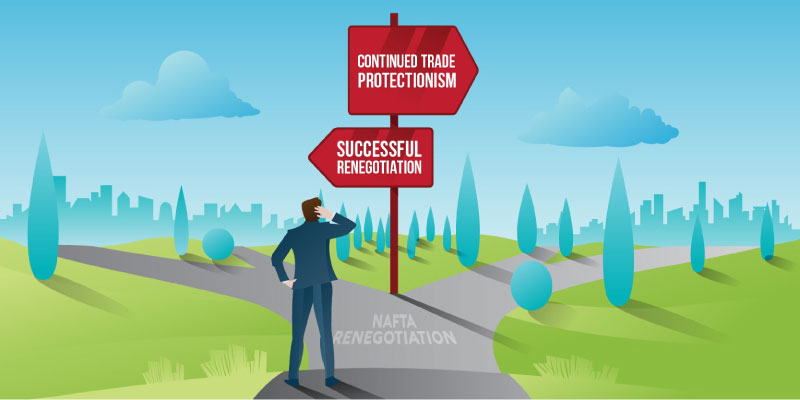In renegotiating NAFTA, President Trump wants to end Canada’s supply management system.
supply management
Eliminating restrictive dairy industry protections could lower dairy costs for Canadians by up to 40 per cent.
President Trump called Canada’s system of supply management for dairy products a "disgrace."
No normal person pays close attention to who is "in" or "out" as finance minister, and that's a good thing. It means the politician in question has avoided messing up the lives of ordinary Canadians. Still, their actions can and do matter, for better or worse.
As a publicity stunt, the recent New Democratic Party proposal to limit withdrawal fees at some automated teller machines (ATMs) at fifty cents worked well. But getting publicity for an idea, including a poor one, is one thing; getting attention to useful reforms that will greatly benefit consumers is quite another. The ATM idea is a good example of the former and not the latter.
There are few Canadians who understand agricultural supply management and how it affects their daily lives, which is a major reason why this outdated system has survived. Its receiving greater scrutiny now, though, because its impeding trade agreements.
Around Labour Day, a plethora of news stories focus on the state of unions, and often, their interaction with business. Given the name of the holiday, the attention is understandable.
However, the focus on unions and corporations, especially where governments are involved to set policy and create legislation, often misses two other critical groups: consumers and taxpayers.
It is those two cohorts that are often overlooked and whose interests are damaged when governments assume, on purpose or by accident, that only the interests of organized labour and business matter.
When Prime Minister Stephen Harper was in Honolulu recently and announced Canada wants in on talks to create a proposed pan-Pacific free trade zone, other countries brought up our anti-free trade supply management boards. Specifically, they are opposed to Canadas participation because of our protectionist approach on eggs, chicken, turkey, and dairy products.

